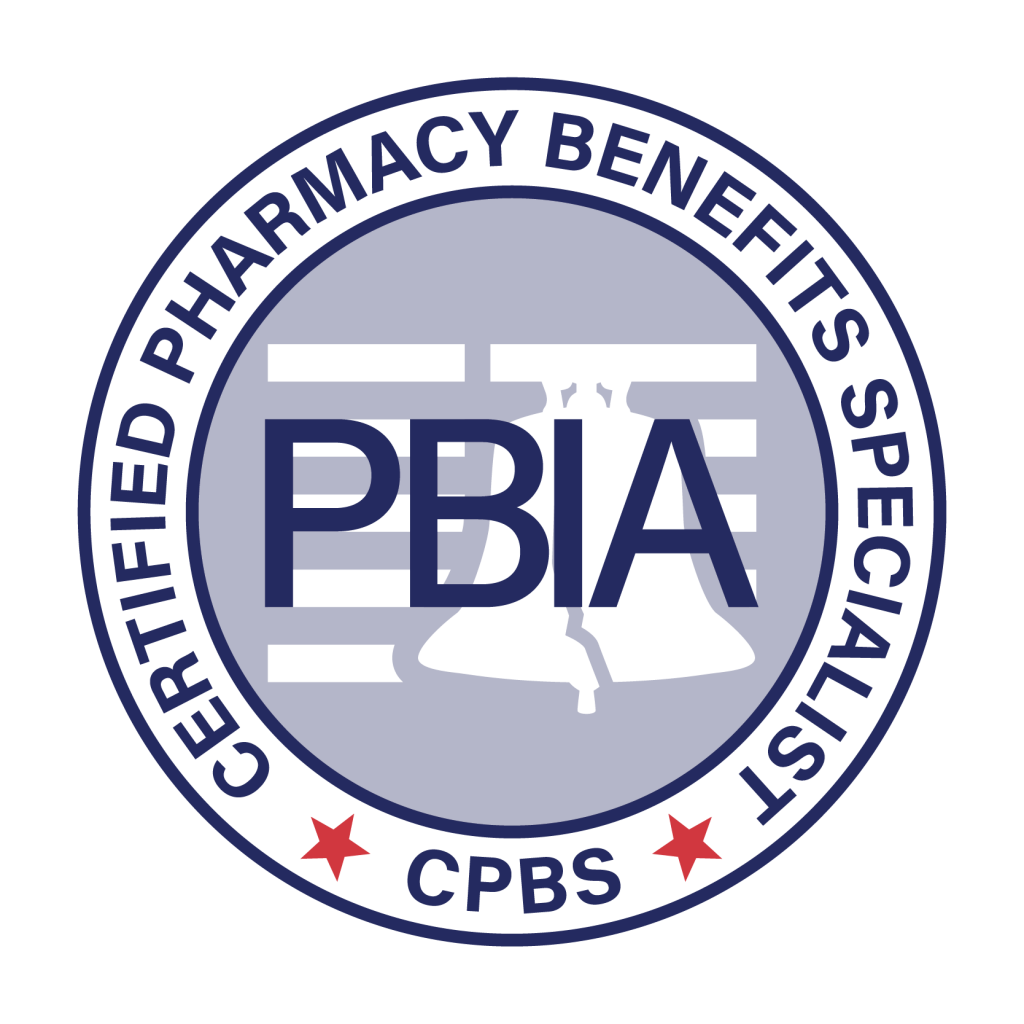Lawsuit accuses former executives of failing in fiduciary duty to oversee PBM operations and other notes from around the interweb:
- Lawsuit accuses former executives of failing in fiduciary duty to oversee PBM operations. A lawsuit from a pension fund holding Centene stock accused former executives of conspiring to defraud state Medicaid programs, the St. Louis Business Journal reported Dec. 21. The lawsuit accuses the former execs of violating its Medicaid managed care contracts and federal and state law. When Centene acquired Health Net in 2016, the company received favorable reimbursements and discounts for prescription drugs because of Health Net’s contract with CVS Caremark, the lawsuit alleges. The payer did not disclose its arrangements with CVS Caremark, and instead reported “inflated expenditures” to state Medicaid agencies, thereby overcharging them, the plaintiffs allege. The suit alleges five former executives breached their fiduciary duties, and names several members of the board of directors.
- FTC action on PBMs could be just what the doctor ordered to improve patient outcomes. The stated purpose of PBMs is to alleviate some of the administrative burden related to processing prescription drug claims and optimizing drug utilization to help manage costs for plan sponsors. Unfortunately, most PBMs have evolved to become vertically integrated pharmacies and adopt opaque business practices that mostly benefit only themselves. For example, pharmaceutical rebates have become a cash cow for PBMs. Paid out by drug manufacturers, these rebates are designed to help lower the price burden of new drugs by reimbursing plan sponsors a portion of the cost each time they’re filled at the pharmacy. The problem is, PBMs are under no obligation to pay the full rebate back to the plan sponsor, and many PBMs pocket a substantial portion, if not all, of these rebates, often with plan sponsors completely unaware.
- Getting off the PBM Merry-go-Round: How Late-stage Offer Tricks Take Employers for a Ride. Monies offered by PBMs come in many forms – a general allowance credit that the client can use to pay for claims and expenses during open enrollment and implementation, an administrative credit that the client can use to pay back to the PBM for administrative fees, a clinical credit that the client can use to pay for voluntary clinical programs administered by the PBM or, at times, slightly improved pricing. If it seems odd that two of these credits go towards paying back the PBM for additional services, that’s because it is. Employers should think of these credits like getting tokens at a carnival – the tokens are valuable, but only if the employer uses them at the proverbial PBM carnival (i.e., invests them back into the PBM). If PBMs would manage their costs appropriately to begin with, employers wouldn’t be taken for this ride.
- How Coupons Keep Drugs Costly. An economist who holds a joint appointment at the Harvard Kennedy School, began studying this topic more than a decade ago, prompted by the growing number of pharmaceutical ads that included coupons. Such coupons offer consumers a discount on the co-pay for the advertised drug and have grown increasingly popular; the share of brand-name prescription drug spending that included a coupon rose from 26 percent in 2007 to 90 percent in 2017, Leemore S. Dafny reports. And the number of drugs with available coupons rose from about 200 in 2008 to more than 800 in 2018. Not everyone is eligible for coupons; Medicare enrollees are prohibited by law from using them. “The coupons are considered kickbacks or financial inducements to consume a product that is reimbursed by the federal government,” Dafny explains, and are therefore banned in that context. But pharmaceutical companies are permitted to donate to independent charities that subsidize co-pay assistance for patients, even those on Medicare, and to earmark those donations for conditions treated by drugs they make.
